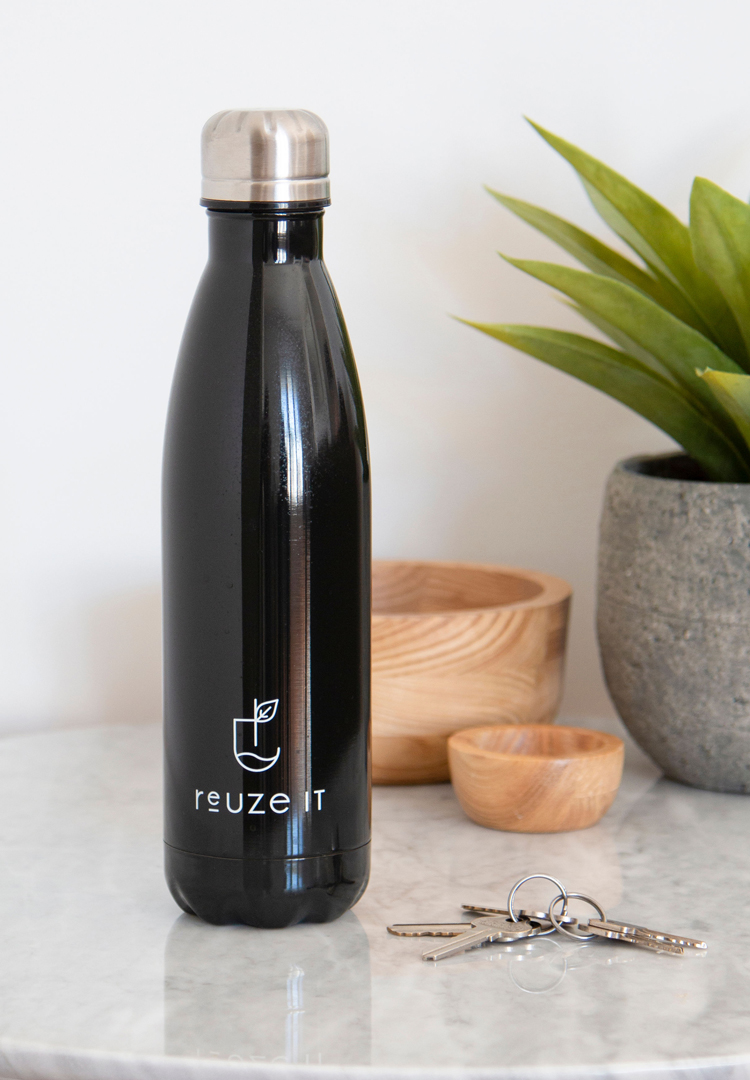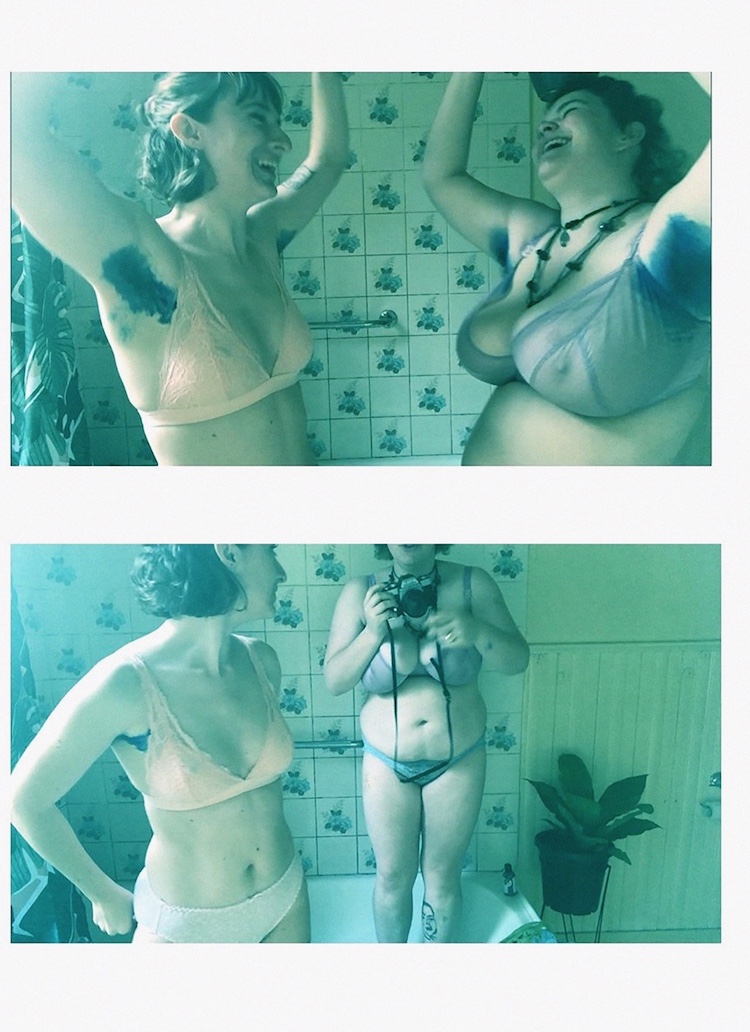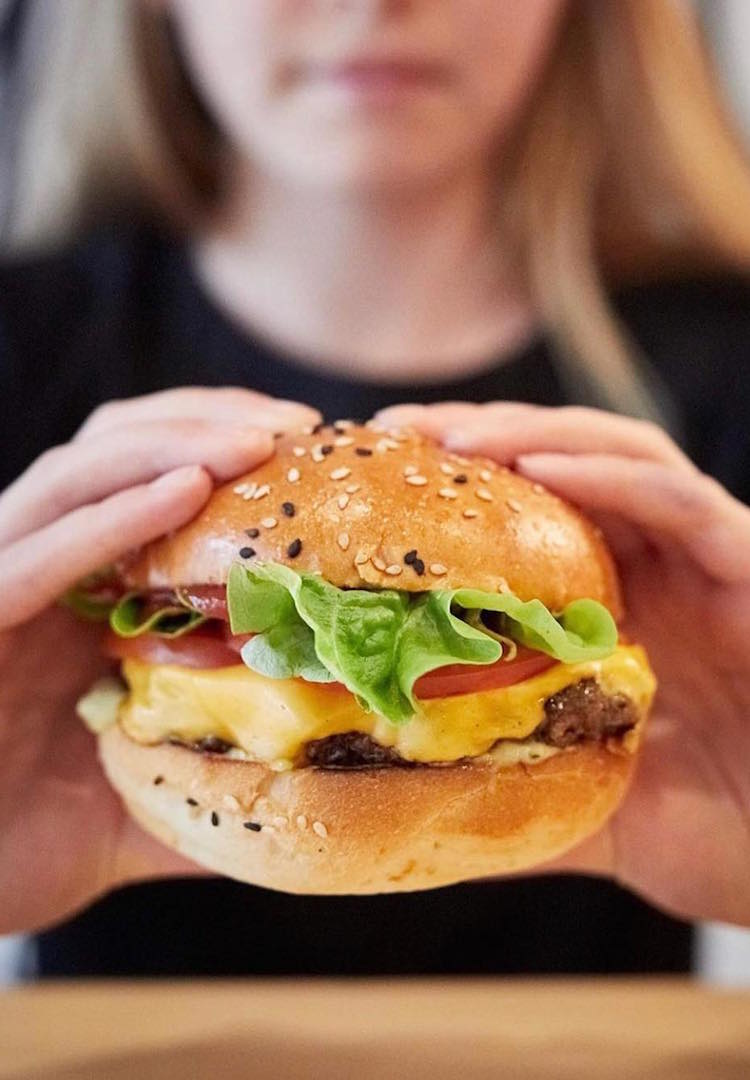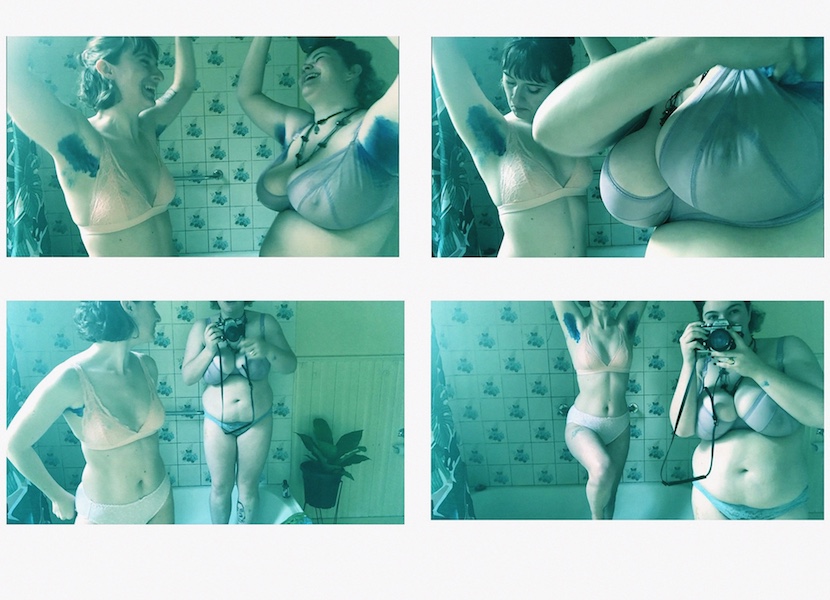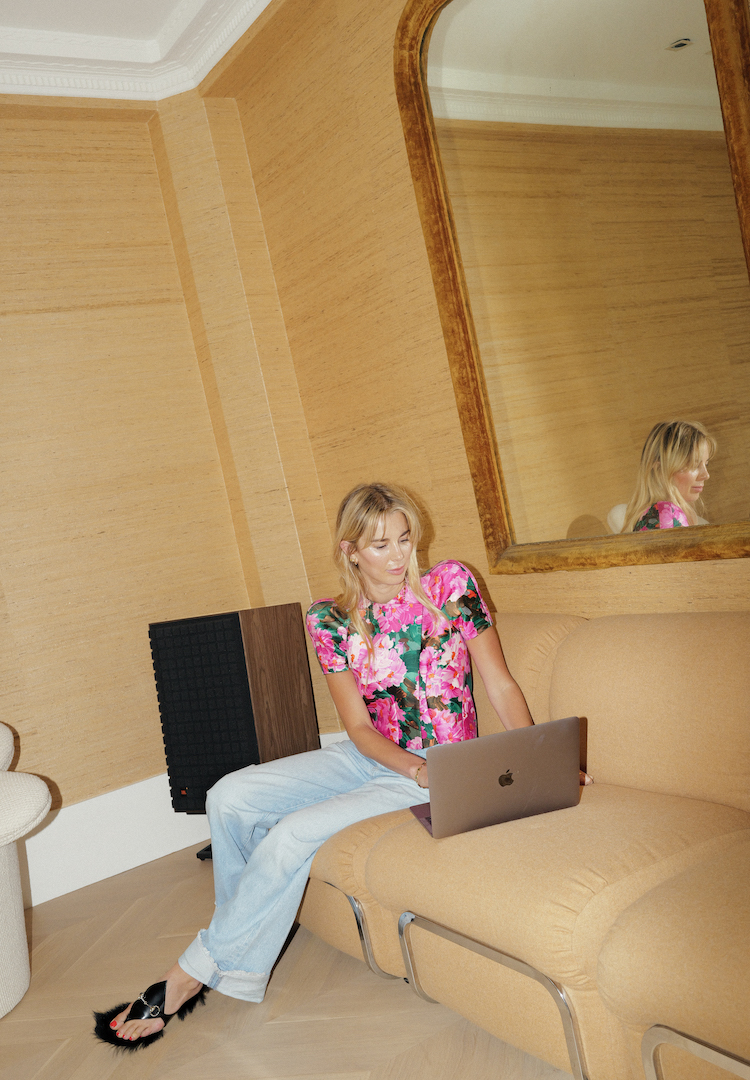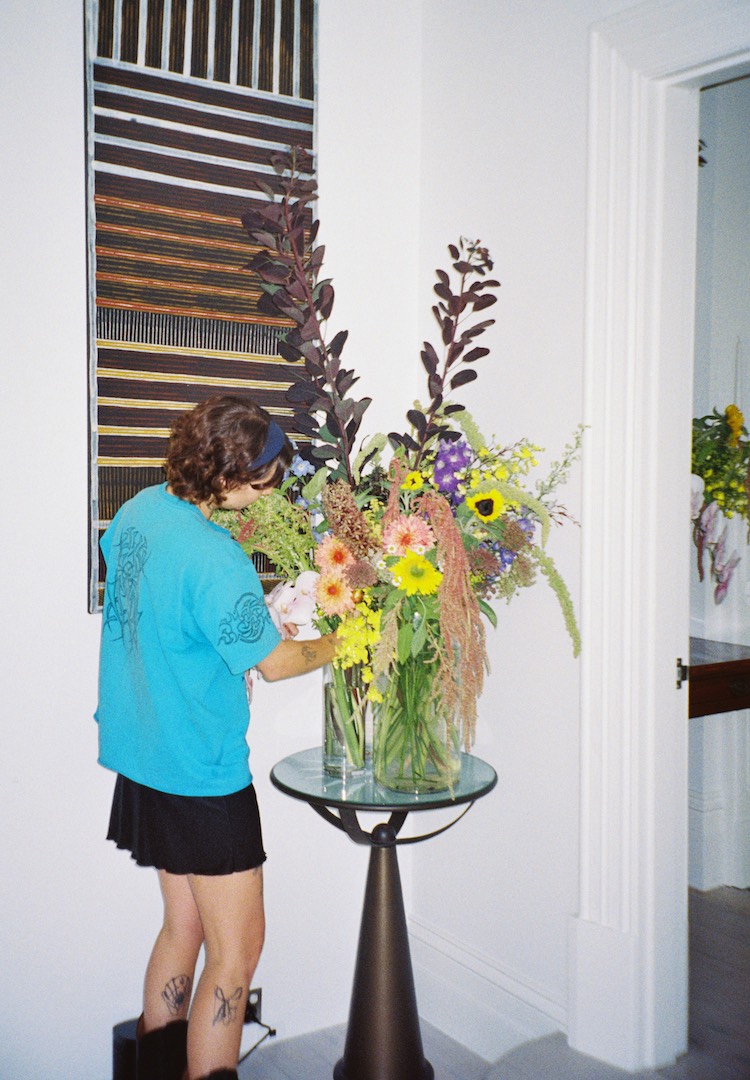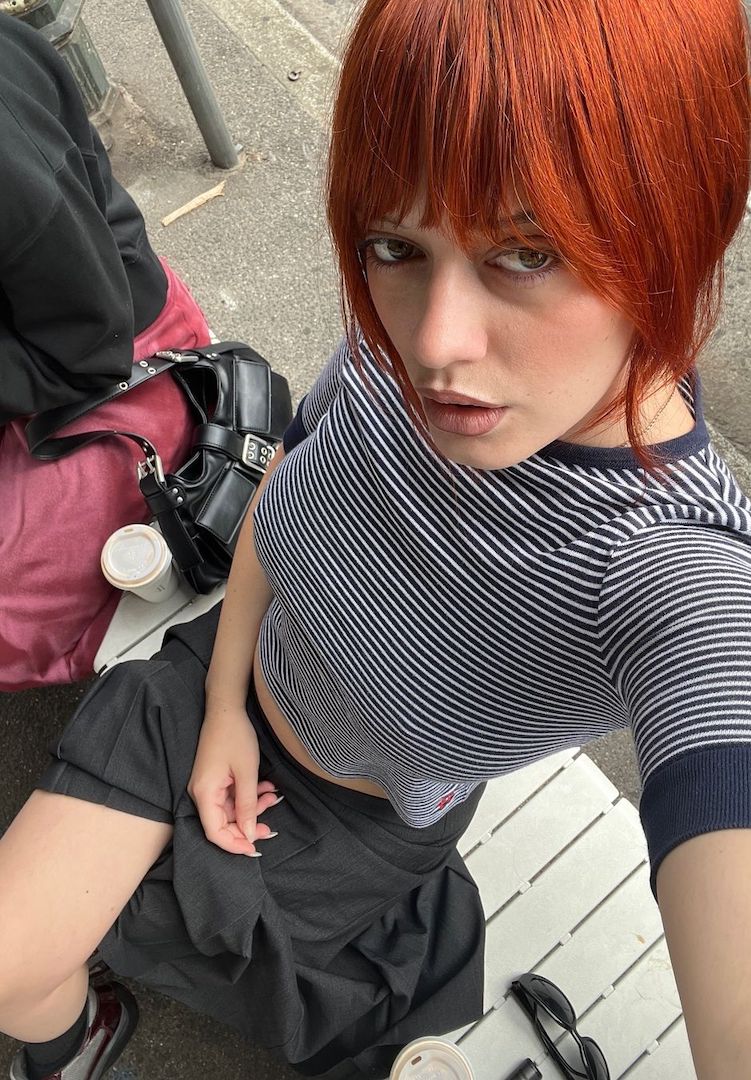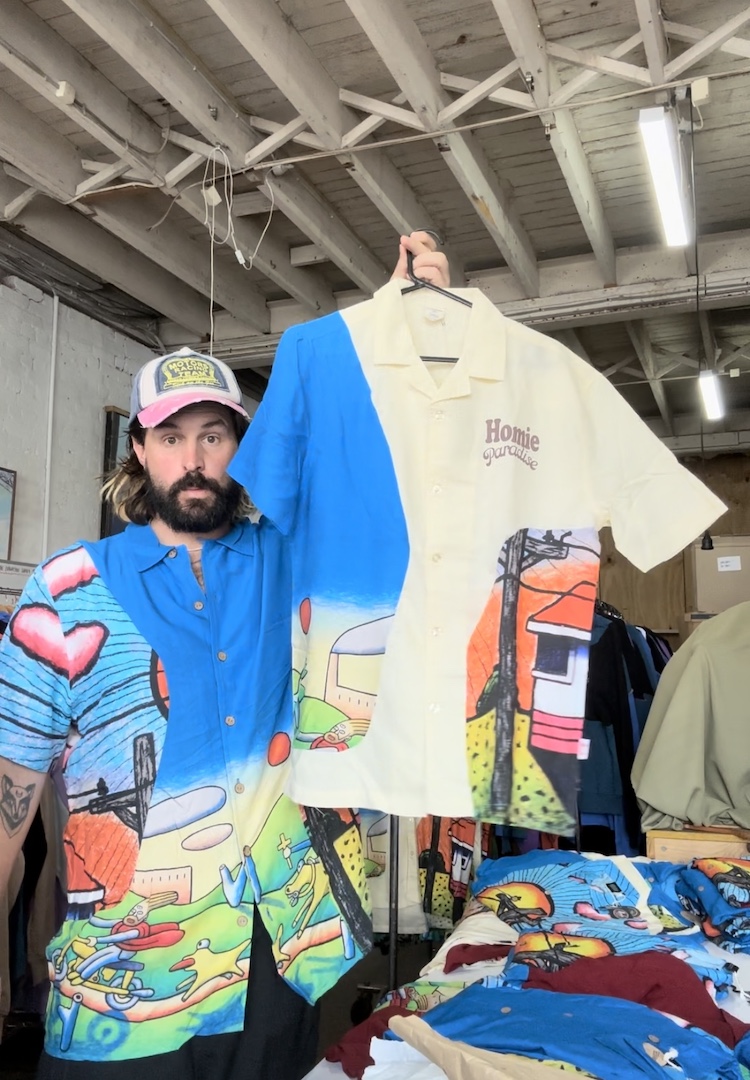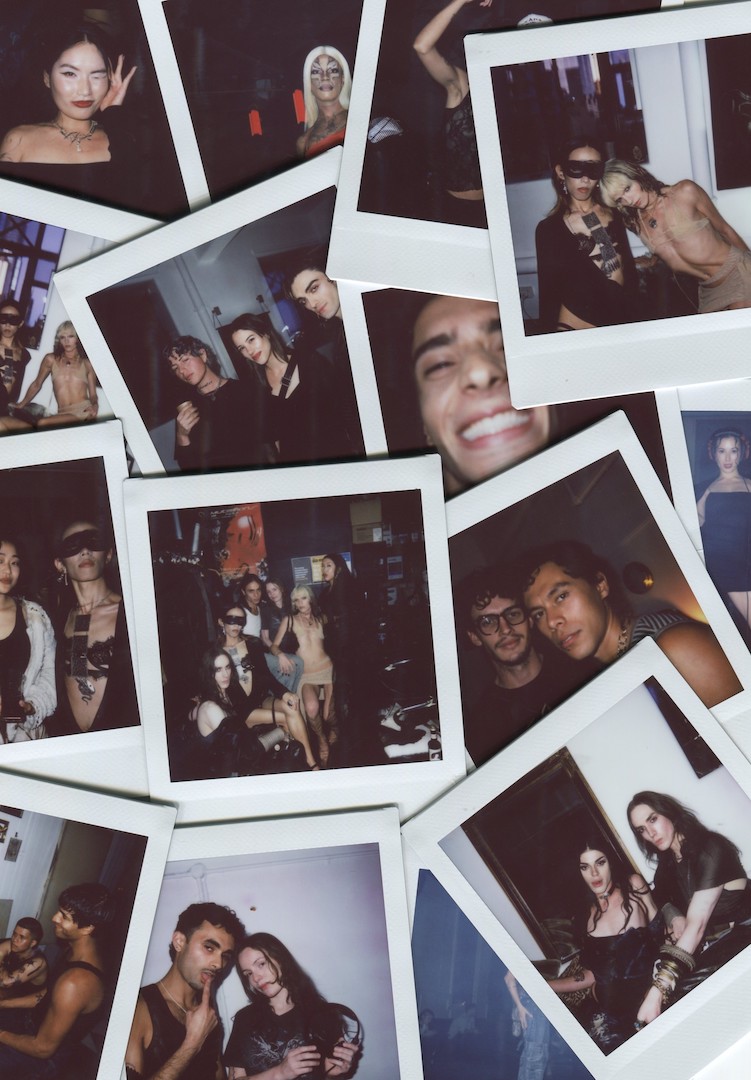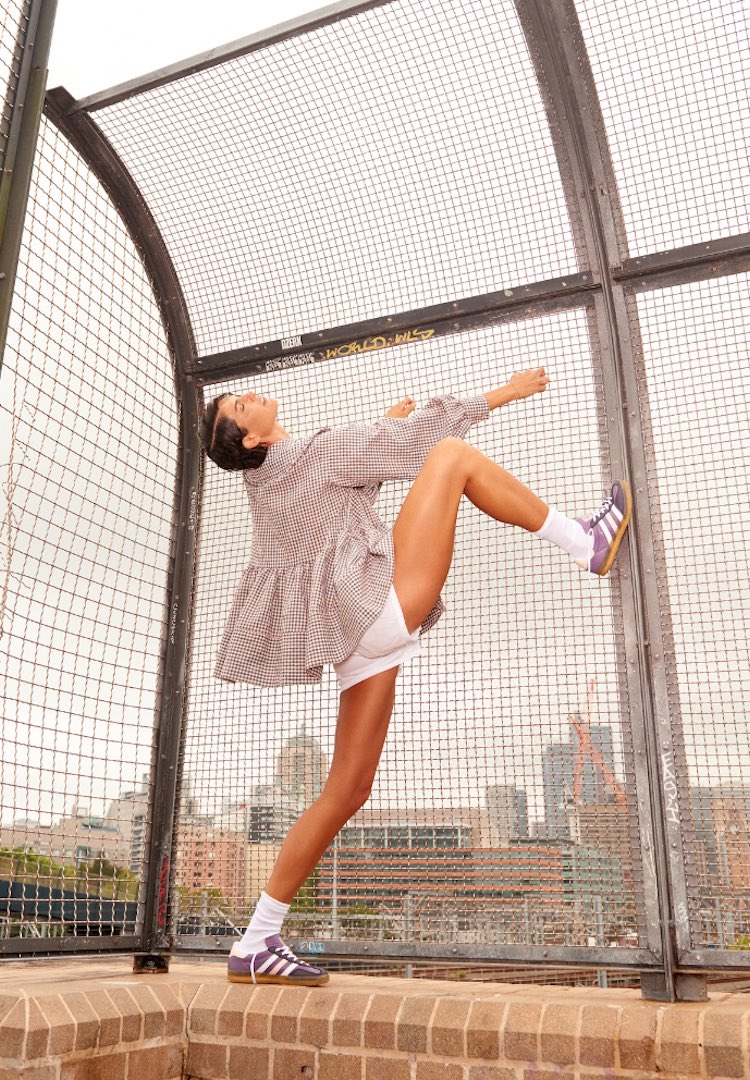Is being fat a feminist issue?
Image by Grace Ware
Words by Eliza Sholly
According to Melbourne-based activist Erin Cox, it most definitely is.
When you move through this world as a person that doesn’t subscribe to the marginalised standard of Western beauty ideals, you find that a lot of people try and speak for you. A lot of people try to quieten you – mute you, even – rarely passing you the microphone to speak on your own lived experience. Many women are friends with this feeling. They know it well. Many fat women, live this feeling. It encompasses them.
Recognising this, Melbourne-based activist Erin Cox posed a question: is being fat a feminist issue? To her, at least, it most definitely is.
To support her hypothesis, Erin has created a group exhibition. The result, titled Fat Is a Feminist Issue, Still: An Artistic Exploration, seeks to explore the intersection between fatness and feminism. Not only will it feature the complex themes of fat-shaming and the stigmas around obesity, but also the nuance that surrounds media representation, diet culture, sexuality and gender discrimination.
Held from September 25 at Melbourne’s Nori Darkroom in Coburg, the exhibition will see a diverse range of artists highlight their own personal experiences through a range of media. Whether or not that will be easy to digest is yet to be discovered.
I sat down with Erin recently, keen to further discuss her motivations behind the exhibition. During our conversation, however, things shifted. I became more and more enlightened by her perspective on thin privilege, and how the intersection of fatness and feminism has some surprising contemporary ramifications.
Can you talk a little bit about your intentions for the exhibition?
There are multiple reasons for having this show. Not only will it showcase a range of artists that are currently working in the fat feminism genre but it will also help bring together, and build upon, the strengthening and active fat activism/feminist network in Melbourne, and hopefully beyond.
I’m hoping that some of the conversations that are being had on a macro level will potentially reach a new audience, and help them both understand and reduce the harm that comes from both gendered- and fat- discrimination.
Your messaging is pretty overt. How has the response been so far?
We’ve had an overwhelmingly positive response. Both from our audience and contributing artists. Everyone is excited by the prospect of sharing stories, experiences and knowledge through the medium of art.
I’d love if you could talk a bit about the idea of thin privilege. Many individuals, who are often thin and able-bodied, think the concept is a myth. What do you think?
No, thin privilege is definitely not a myth. Fat oppression more than exists, so it stands to reason that the flip side of that, thin privilege, exists too.
Thin people are not discriminated against in the same way that fat people are. Thin people can largely interact with the world without consideration of many of the things that fat people need to take account for.
Whether it be if the seats at a restaurant, that a friend booked, are going to be accommodating, to whether or not they will receive fair and appropriate medical care at their next doctor’s appointment. From whether or not they’ll be shamed for requesting seatbelt extenders on a flight, to being overlooked for a job promotion or pay rise.
These factors are just a few examples of what fat people spend time, energy and stress navigating, and that thin people have the privilege to not consider at all. As a fat person who fluctuates in weight, I’ve experienced thin privilege first hand.
Alongside this ideal, within the fat spectrum there are also privileges to those that are ‘smaller fats’ or ‘acceptable fats’ that are not afforded to those that are on the larger end of the scale. For example, a person who is smaller fat (or a person who isn’t fat) can easily enough walk into a mainstream chain store and find clothing that fits off the rack. This is a privilege that that is not as easily afforded to fat people.
How systemic do you think fatphobia is in mainstream society?
Fatphobia is a rampant issue in our society. I don’t think that it is systematic in the sense that there is a controlled, overarching plan, driven by a mean superpower, set out to discriminate against fat people. Though, one could argue the diet industry does just that. But fatphobia is so systemic and wide-reaching, that it is difficult to find a space that is untouched.
You’ve been called a ‘fat activist’: Is that something you identify with?
Being fat is considered to be one of the worst attributes a person can have, full stop. Actively partaking in any life activities as a person who is fat is an act of activism. Everyday, necessary life activities like eating, wearing clothing and having sex are all things that fat people are not meant to do, or are meant to do only in specific ways. Rejecting exclusion and limitations to embrace life in all its forms are acts of activism, even if this activism is involuntary.
Your intentions for the exhibition are to highlight the intersection of fat and feminism. How do you see that happening?
With both fat and gender discrimination being so pervasive in our culture, it is a complex and difficult issue to dissect.
Much gender discrimination results in body policing. Gendered stereotypes that oppress women – that perpetuate the messaging that women should be seen not heard; be sexualised objects with no agency; be the secretary and not the CEO – are all exasperated when also considering fat discrimination. Both fat activism and feminism have a similar response to this.
Everybody, no matter their gender or size, deserves the right to express themselves in any manner they choose, including sexually. Fat people have their sexual expression silenced and/or simultaneously hyper-sexualised [such as] to be regarded as a fetish. This seems to be a similar manifestation of the oppressive view of the slut/prude paradigm that denigrates women for embracing sex-positivity. Bigotry doesn’t happen in a bubble; it is complex.
The Fat Feminism show aims to tease apart the intersection specifically of fat and gender discrimination, but also dissect the compounding nature of the many other forms of discrimination that people face – whether it be sexual identity, race, age, class, socioeconomic, mental or physical ability, religion or ethnicity.
Do you care that some people find these kinds of conversations uncomfortable?
The fact that people find these kinds of discussions uncomfortable is but one reason that the Fat Feminism art exhibition is both important and necessary.
What can people expect at the exhibition?
A diverse range of art stemming from young emerging artists, and those who are more established.
There will be a range of media included from photographs, drawings and paintings to sculpture, explorations of the body, gender expression and sexuality.

